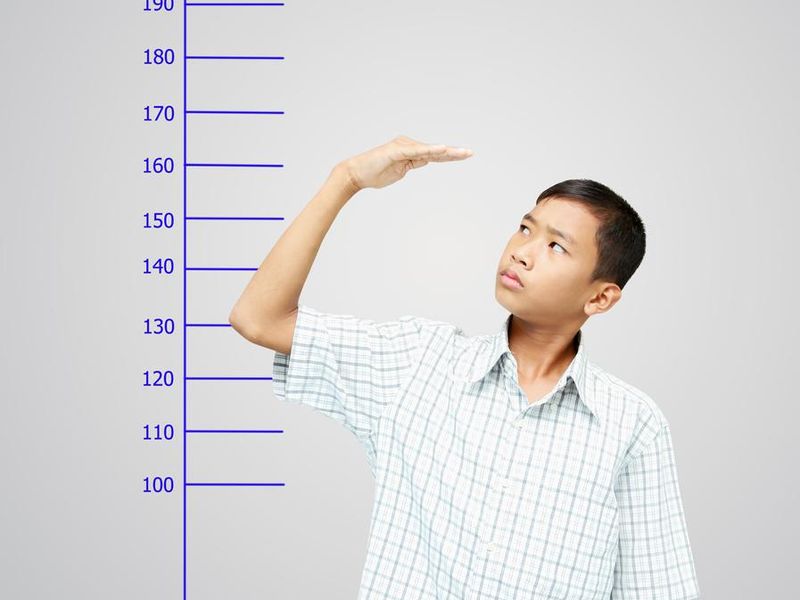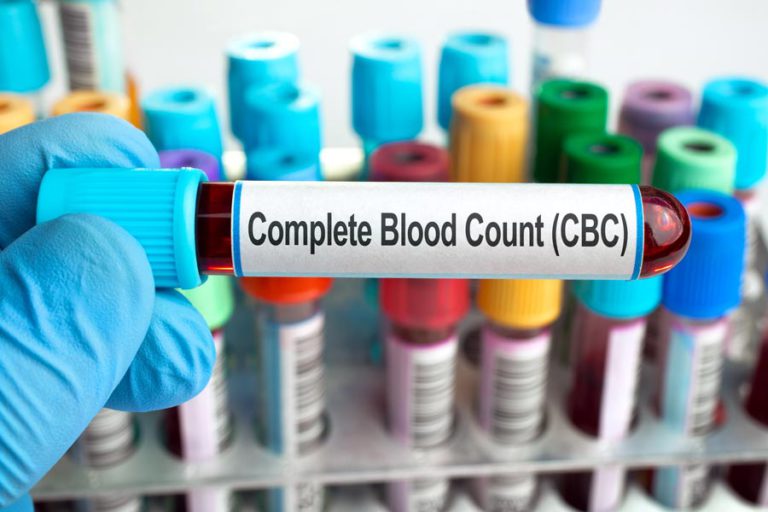
Ever wondered when guys stop growing? It’s a common question with a surprisingly complex answer. Understanding growth patterns is essential for parents and young men alike. It helps manage expectations and address concerns related to height and overall development. So, let’s dive into the surprising truth about when guys stop growing.
Understanding Male Growth Patterns
Growth isn’t a random process. It’s meticulously orchestrated by a series of biological mechanisms primarily driven by hormones. Growth hormones, particularly during puberty, play a crucial role in spurring height increases and other physical changes.
Growth Stages in Males
Childhood Growth
During childhood, boys grow steadily. This period is marked by gradual increases in height and weight, setting the stage for the more dramatic changes of puberty.
Puberty: The Major Growth Spurt
Puberty is when the magic happens. Boys experience a significant growth spurt, often gaining several inches in a relatively short time. This period usually starts between ages 12 and 16.
Post-Puberty Growth
After the initial burst of growth during puberty, boys continue to grow, but the rate slows down. This phase can extend into the early twenties for some.
Factors Influencing Growth
Genetics
Genetics play a pivotal role in determining height. If both parents are tall, chances are the child will be too.
Nutrition
A balanced diet rich in essential nutrients is vital for proper growth. Lack of adequate nutrition can stunt growth.
Physical Activity
Regular physical activity promotes healthy growth and development.
Health Conditions
Certain health conditions, like growth hormone deficiencies, can impact growth patterns.
When Do Guys Typically Stop Growing?
Average Age Range
Most boys stop growing around the age of 18, though some continue to grow until their early twenties.
Variations in Growth Patterns
Growth patterns can vary significantly. Some boys may stop growing earlier, while others continue into their early twenties.

At what age do boys stop growing?
Boys grow fastest during puberty. Some boys may begin puberty as early as nine while others might not hit it until they’re 15. For many guys, their biggest growth spurt will be between the ages of 12 to 15. Puberty can last two to five years. Spending more time in puberty doesn’t mean that you’ll be taller than somebody who spends less time in it.
Growth charts show that majority of guys grow just a little after the ages of 18. In rare cases, some people may hit puberty in their late teens and continue to grow into their early twenties.
The reason most guys stop growing at this age is because their growth plates fuse shortly after puberty. Growth platesTrusted Source are layers of cartilage found near either end of long bones of children and adolescents. They’re the part of the bone that grows longer. Once a bone is fused, it can’t continue to grow longer.
How Can You Tell When Boys Have Reached Their Adult Height?
Height officially stops increasing when a child’s growth plates close. The growth plates are made of a special type of cartilage located at the end of your long bones. When the growth plates are “open,” growth continues. At the end of puberty, shifting hormones cause the growth plates to harden, putting an end to vertical growth for good.
This typically occurs between the ages of 14 and 19 in young men. It’s technically possible for a boy to continue growing after 18, but it’s uncommon and likely won’t amount to more than an extra inch. If a boy in his late teens has stayed the same height for several months, the odds are good that he’s done growing.
With that in mind, having open conversations with your teen about health and body image is important. While more focus is often placed on the body image and self-esteem of teen girls, boys are also susceptible to worrying about how they look compared to men in the media.
Teaching teens how to take care of both their physical and mental health can improve their self-confidence and help ward off worries about how they size up to their peers.
Should you be worried about your height?
Height is a trait determined by factors that are typically beyond our control — such as genetics and environmental factors. It’s important to remember that height varies between populations, and the differences are vast. If you are concerned about your height, remember that it’s not something that defines your capabilities or self-worth.
However, if there is a significant deviation from the standard growth pattern — such as an unusually early or late growth spurt or no signs of development for an extended period — it might be worth mentioning this to your doctor.
Some underlying health issues — like a growth hormone deficiency (GHD) — can affect your growth, and early intervention is essential to avoid a negative impact on your well-being.
Health Conditions That Affect Growth
Growth Hormone Deficiency
This condition can significantly impact height if not treated appropriately.
Other Medical Conditions
Conditions like hypothyroidism and chronic illnesses can also affect growth.
Can Adults Increase Their Height?
Surgical Options
Limb-lengthening surgeries are an option but come with significant risks and costs.
Non-Surgical Methods
While exercises and posture improvement can enhance appearance, they don’t increase actual height.
Psychological Aspects of Height
Height and Self-Esteem
Height can impact self-esteem and social interactions. It’s important to foster a positive self-image regardless of stature.
Societal Expectations
Societal pressures regarding height can influence self-perception. Understanding and challenging these norms is crucial for mental well-being.
Is there anything you can to do influence your growth or height?
There’s little you can do to influence your height once your growth plates fuse. Even regular exercise and a healthy diet are unlikely to influence your height.
You may be able to make a small gain in height by improving your posture. Improving your posture will help straighten your spine but won’t make your bones grow longer.
Some ways you may be able to improve your posture include:
- regular stretching
- strengthening your core
- sitting with good posture regularly
- exercising regularly
- avoiding slouching
Your height fluctuates by roughly 0.3 inchesTrusted Source from the time you wake up to the time you go to bed due to compression on your spine throughout the day. If you measure yourself in the morning, you’ll likely notice that you’re slightly taller than you are in the evening.
If you’re still growing, eating a balanced diet and getting plenty of sleepcan help you maximize your genetic potential for growth.
When to see a doctor
It’s important for children to get regular checkups with a pediatrician so they can have their growth tracked over time. Their doctor can compare their growth curve those of other children their age to see if they’re progressing normally.
A doctor can also answer any specific concerns you may have about your or your child’s height.
Conclusion
Understanding when guys stop growing involves looking at a variety of factors including genetics, nutrition, and overall health. Most guys stop growing by age 18, but some may continue into their early twenties. It’s essential to debunk common myths and focus on maintaining a healthy lifestyle to support optimal growth.
Say Goodbye To Waiting Rooms And Long Lines. Speedy Sticks offers at-home testing.








